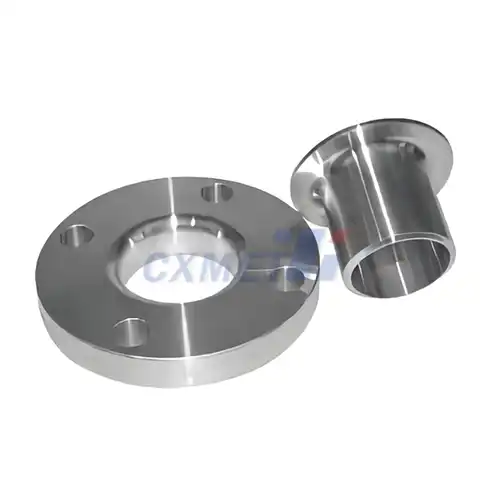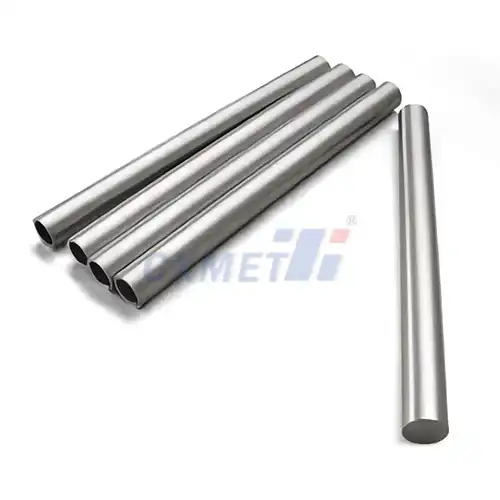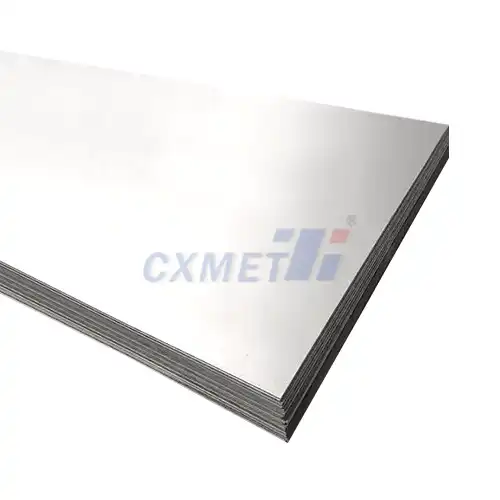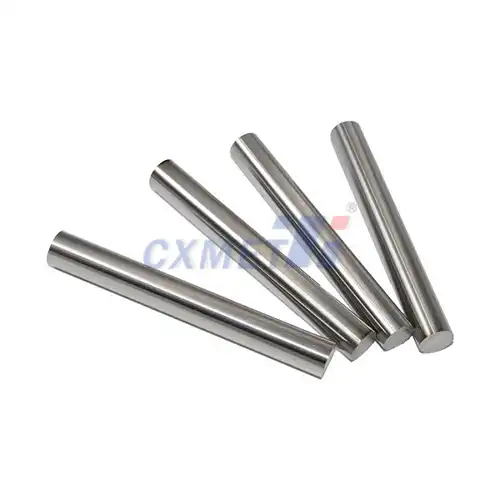- English
- French
- German
- Portuguese
- Spanish
- Russian
- Japanese
- Korean
- Arabic
- Greek
- German
- Turkish
- Italian
- Danish
- Romanian
- Indonesian
- Czech
- Afrikaans
- Swedish
- Polish
- Basque
- Catalan
- Esperanto
- Hindi
- Lao
- Albanian
- Amharic
- Armenian
- Azerbaijani
- Belarusian
- Bengali
- Bosnian
- Bulgarian
- Cebuano
- Chichewa
- Corsican
- Croatian
- Dutch
- Estonian
- Filipino
- Finnish
- Frisian
- Galician
- Georgian
- Gujarati
- Haitian
- Hausa
- Hawaiian
- Hebrew
- Hmong
- Hungarian
- Icelandic
- Igbo
- Javanese
- Kannada
- Kazakh
- Khmer
- Kurdish
- Kyrgyz
- Latin
- Latvian
- Lithuanian
- Luxembou..
- Macedonian
- Malagasy
- Malay
- Malayalam
- Maltese
- Maori
- Marathi
- Mongolian
- Burmese
- Nepali
- Norwegian
- Pashto
- Persian
- Punjabi
- Serbian
- Sesotho
- Sinhala
- Slovak
- Slovenian
- Somali
- Samoan
- Scots Gaelic
- Shona
- Sindhi
- Sundanese
- Swahili
- Tajik
- Tamil
- Telugu
- Thai
- Ukrainian
- Urdu
- Uzbek
- Vietnamese
- Welsh
- Xhosa
- Yiddish
- Yoruba
- Zulu
Is 6al4v titanium good?
6al4v titanium, also known as Grade 5 titanium, is a widely used titanium alloy renowned for its exceptional properties and versatility. This alloy consists of 6% aluminum, 4% vanadium, and 90% titanium, creating a material that offers an outstanding balance of strength, lightness, and corrosion resistance. In the medical field, a specific grade of this alloy called Ti 6AL4V ELI (Extra Low Interstitial) is particularly favored for its biocompatibility and superior performance. Let's delve deeper into the characteristics and applications of this remarkable material, with a focus on Gr23 Ti 6AL4V Eli Medical Titanium Bar.
What are the advantages of Gr23 Ti 6AL4V Eli Medical Titanium Bar?
Gr23 Ti 6AL4V Eli Medical Titanium Bar offers a multitude of advantages that make it an excellent choice for medical applications. This high-performance alloy combines the best properties of its constituent elements, resulting in a material that excels in various aspects crucial for medical use.
First and foremost, the biocompatibility of Ti 6AL4V ELI is unparalleled. The human body readily accepts this alloy, significantly reducing the risk of adverse reactions or rejections when used in implants or medical devices. This biocompatibility is attributed to the formation of a stable oxide layer on the surface of the titanium, which prevents direct contact between the metal and bodily fluids or tissues.
Another significant advantage is the exceptional strength-to-weight ratio of Ti 6AL4V ELI. This alloy offers strength comparable to many steels but at a fraction of the weight. For medical applications, this translates to implants and devices that are strong enough to withstand the stresses of the human body while being light enough to minimize discomfort for the patient.
Corrosion resistance is another key benefit of Gr23 Ti 6AL4V Eli Medical Titanium Bar. The alloy's resistance to various forms of corrosion, including crevice corrosion and stress corrosion cracking, ensures long-term stability and durability when implanted in the body. This property is crucial for maintaining the integrity of medical implants over extended periods.
The ELI grade of Ti 6AL4V offers even further advantages. The "Extra Low Interstitial" designation indicates a reduced content of interstitial elements like oxygen, nitrogen, and iron. This results in improved ductility and fracture toughness compared to standard Grade 5 titanium, making it even more suitable for critical medical applications where fatigue strength and crack resistance are paramount.
Moreover, Ti 6AL4V ELI exhibits excellent machinability and fabricability. It can be easily shaped and formed into complex geometries, allowing for the creation of custom implants and medical devices tailored to individual patient needs. This flexibility in manufacturing is a significant advantage in the medical field, where precision and customization are often required.
Lastly, the non-magnetic nature of Ti 6AL4V ELI is a crucial advantage in modern medical settings. As it does not interfere with magnetic resonance imaging (MRI) procedures, patients with implants made from this alloy can safely undergo MRI scans without concerns about implant movement or image distortion.
How does Ti 6AL4V ELI compare to other medical-grade titanium alloys?
When comparing Ti 6AL4V ELI to other medical-grade titanium alloys, it's important to consider various factors such as mechanical properties, biocompatibility, and specific applications. Ti 6AL4V ELI stands out in many aspects, but other alloys may be preferred in certain situations.
One of the primary competitors to Ti 6AL4V ELI is commercially pure (CP) titanium, which comes in various grades (Grade 1 to 4). CP titanium is known for its excellent biocompatibility and corrosion resistance. However, it generally has lower strength compared to Ti 6AL4V ELI. This makes CP titanium more suitable for applications where maximum strength is not required, such as dental implants or certain types of bone plates.
Another alloy to consider is Ti-6Al-7Nb, which was developed as an alternative to Ti 6AL4V ELI. This alloy replaces vanadium with niobium, aiming to eliminate any potential toxicity concerns associated with vanadium. Ti-6Al-7Nb offers similar mechanical properties to Ti 6AL4V ELI and is used in similar applications. However, Ti 6AL4V ELI remains more widely used due to its longer track record and more extensive research backing.
Ti-15Mo is another medical-grade titanium alloy that competes with Gr23 Ti 6AL4V Eli Medical Titanium Bar in certain applications. This beta titanium alloy offers excellent biocompatibility and a lower elastic modulus, which can be advantageous in reducing stress shielding in orthopedic implants. However, Ti 6AL4V ELI generally provides higher strength and better fatigue resistance.
When it comes to mechanical properties, Ti 6AL4V ELI typically outperforms most other medical-grade titanium alloys. Its combination of high strength, good ductility, and excellent fatigue resistance makes it suitable for a wide range of load-bearing applications. The ELI grade, in particular, offers improved ductility and fracture toughness compared to standard Ti 6AL4V, giving it an edge in critical applications.
In terms of biocompatibility, Ti 6AL4V ELI performs exceptionally well, with a long history of successful use in medical implants. While some concerns have been raised about the long-term effects of aluminum and vanadium in the body, extensive clinical experience has shown Ti 6AL4V ELI to be highly biocompatible. Nevertheless, ongoing research continues to explore alternatives and improvements.
Corrosion resistance is another area where Ti 6AL4V ELI excels. While most titanium alloys offer good corrosion resistance, the stability of the passive oxide layer formed on Ti 6AL4V ELI provides superior protection in the physiological environment. This is particularly important for long-term implants where material degradation could lead to complications.
What are the applications of Ti 6AL4V ELI in the medical industry?
The exceptional properties of Ti 6AL4V ELI have led to its widespread adoption in various medical applications. Its combination of biocompatibility, strength, and corrosion resistance makes it an ideal material for a wide range of medical devices and implants.
One of the most common applications of Ti 6AL4V ELI is in orthopedic implants. The alloy is extensively used in joint replacement components, such as hip and knee implants. Its high strength-to-weight ratio allows for the creation of durable implants that can withstand the stresses of daily movement while remaining lightweight enough to minimize discomfort for the patient. The excellent fatigue resistance of Gr23 Ti 6AL4V Eli Medical Titanium Bar is particularly crucial in these applications, as joint implants are subjected to cyclic loading over many years.
Spinal implants represent another significant area where Ti 6AL4V ELI is widely utilized. Spinal fusion cages, vertebral body replacement devices, and pedicle screw systems often incorporate this alloy due to its strength, biocompatibility, and ability to promote osseointegration. The material's properties allow for the design of implants that can effectively stabilize the spine while promoting bone growth and fusion.
Dental implants are another field where Ti 6AL4V ELI has found extensive use. While commercially pure titanium is also commonly used in this application, Ti 6AL4V ELI is often preferred for its higher strength, particularly in cases where smaller implants are required or where higher loads are anticipated. The alloy's excellent osseointegration properties contribute to the long-term success and stability of dental implants.
In the cardiovascular field, Ti 6AL4V ELI is used in various devices and implants. Pacemaker casings, artificial heart valves, and stents often incorporate this alloy. Its biocompatibility and corrosion resistance are crucial in these applications, where the material comes into direct contact with blood and other bodily fluids. The non-magnetic nature of Ti 6AL4V ELI is particularly advantageous for pacemakers and other implantable electronic devices, as it allows patients to safely undergo MRI scans.
Trauma fixation devices, such as bone plates, screws, and intramedullary nails, frequently utilize Ti 6AL4V ELI. The alloy's strength allows for the creation of low-profile devices that provide robust fixation while minimizing soft tissue irritation. Its biocompatibility and potential for osseointegration can contribute to improved healing outcomes in fracture treatment.
Beyond implants, Ti 6AL4V ELI finds applications in various medical instruments and tools. Surgical instruments, endoscopic devices, and dental tools often incorporate this alloy due to its durability, corrosion resistance, and ability to maintain a sharp edge. The material's light weight can reduce fatigue for medical professionals during long procedures.
In conclusion, Ti 6AL4V ELI, particularly in the form of Gr23 Ti 6AL4V Eli Medical Titanium Bar, is indeed an excellent material for medical applications. Its unique combination of properties, including high strength-to-weight ratio, biocompatibility, corrosion resistance, and versatility in manufacturing, make it an ideal choice for a wide range of medical devices and implants. While other medical-grade titanium alloys have their place in specific applications, Ti 6AL4V ELI remains a gold standard in the industry, continuing to play a crucial role in advancing medical technology and improving patient outcomes.
At SHAANXI CXMET TECHNOLOGY CO., LTD, we take pride in our extensive product range, which caters to diverse customer needs. Our company is equipped with outstanding production and processing capabilities, ensuring the high quality and precision of our products. We are committed to innovation and continuously strive to develop new products, keeping us at the forefront of our industry. With leading technological development capabilities, we are able to adapt and evolve in a rapidly changing market. Furthermore, we offer customized solutions to meet the specific requirements of our clients. If you are interested in our products or wish to learn more about the intricate details of our offerings, please do not hesitate to contact us at sales@cxmet.com. Our team is always ready to assist you.
References:
1. Niinomi, M. (2008). Mechanical biocompatibilities of titanium alloys for biomedical applications. Journal of the Mechanical Behavior of Biomedical Materials, 1(1), 30-42.
2. Geetha, M., Singh, A. K., Asokamani, R., & Gogia, A. K. (2009). Ti based biomaterials, the ultimate choice for orthopaedic implants – A review. Progress in Materials Science, 54(3), 397-425.
3. Rack, H. J., & Qazi, J. I. (2006). Titanium alloys for biomedical applications. Materials Science and Engineering: C, 26(8), 1269-1277.
4. Long, M., & Rack, H. J. (1998). Titanium alloys in total joint replacement—a materials science perspective. Biomaterials, 19(18), 1621-1639.
5. Elias, C. N., Lima, J. H. C., Valiev, R., & Meyers, M. A. (2008). Biomedical applications of titanium and its alloys. JOM, 60(3), 46-49.
6. Oldani, C., & Dominguez, A. (2012). Titanium as a biomaterial for implants. Recent Advances in Arthroplasty, 149-162.
7. Sidambe, A. T. (2014). Biocompatibility of advanced manufactured titanium implants—A review. Materials, 7(12), 8168-8188.
8. Chen, Q., & Thouas, G. A. (2015). Metallic implant biomaterials. Materials Science and Engineering: R: Reports, 87, 1-57.
9. Bandyopadhyay, A., & Bose, S. (2013). Characterization of biomaterials. Newnes.
10. Wang, K. (1996). The use of titanium for medical applications in the USA. Materials Science and Engineering: A, 213(1-2), 134-137.




